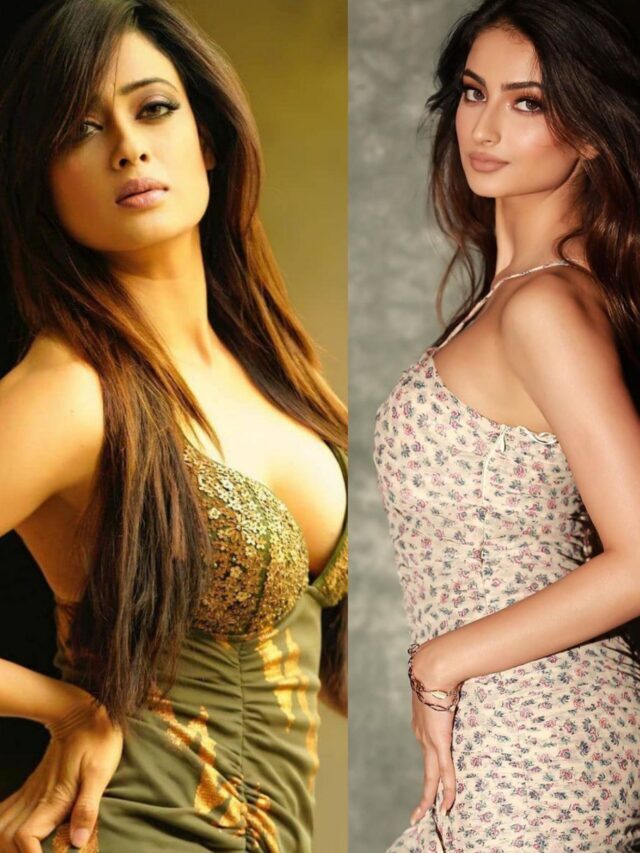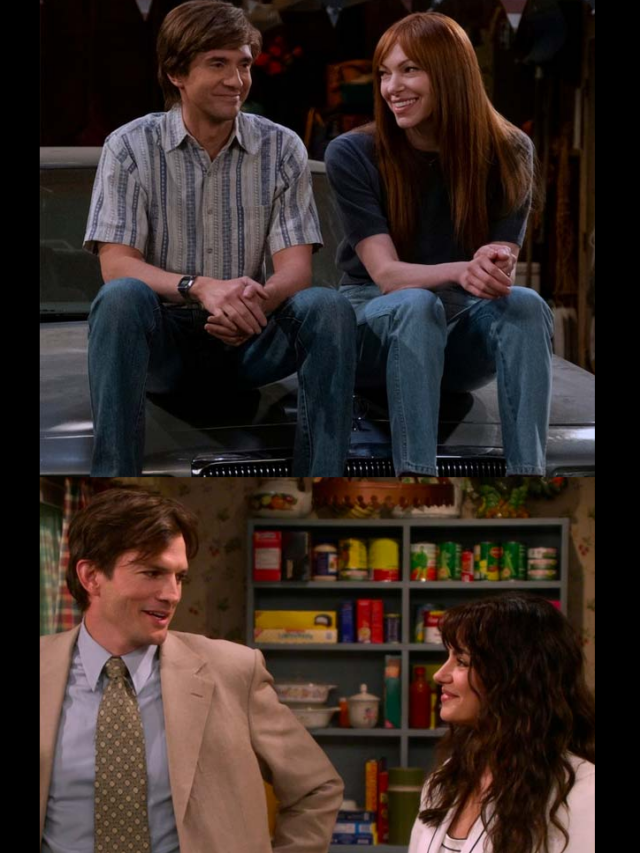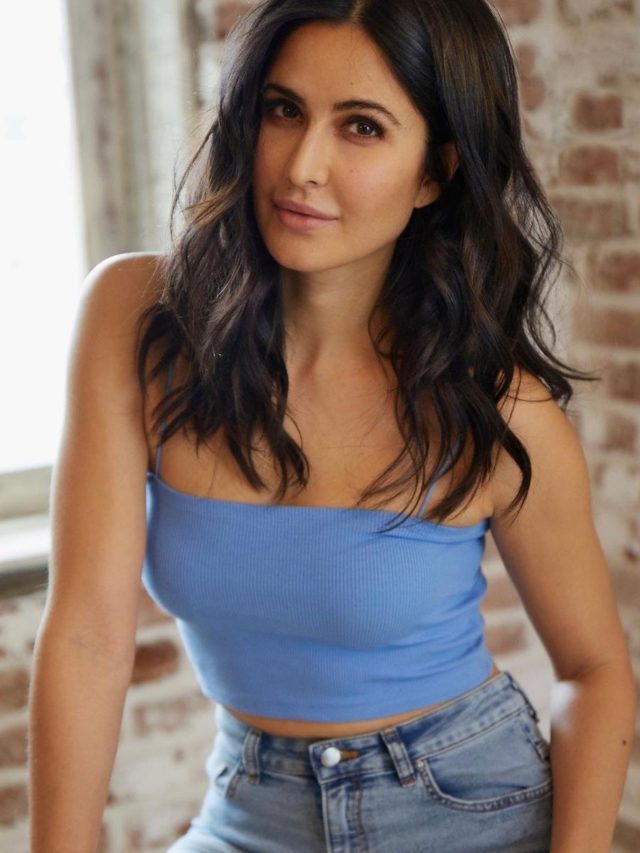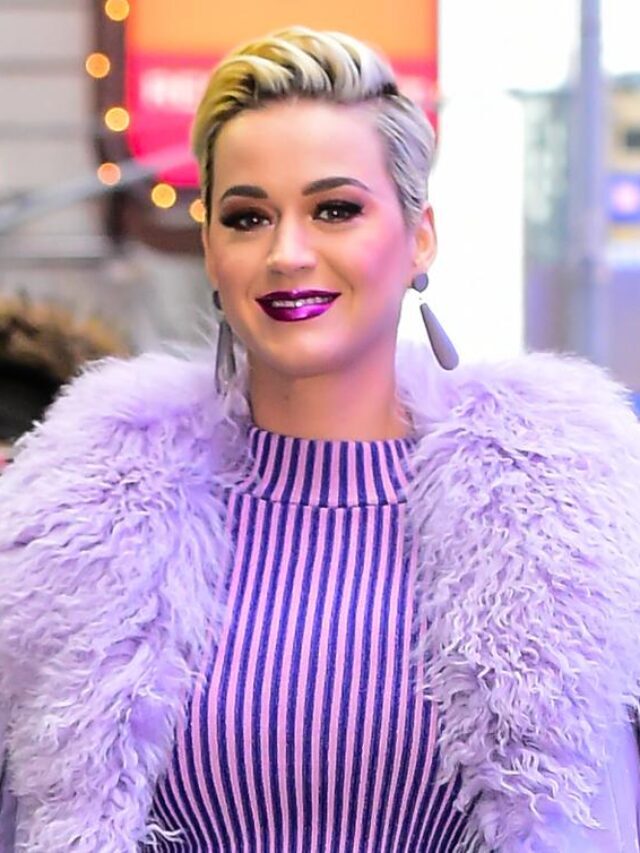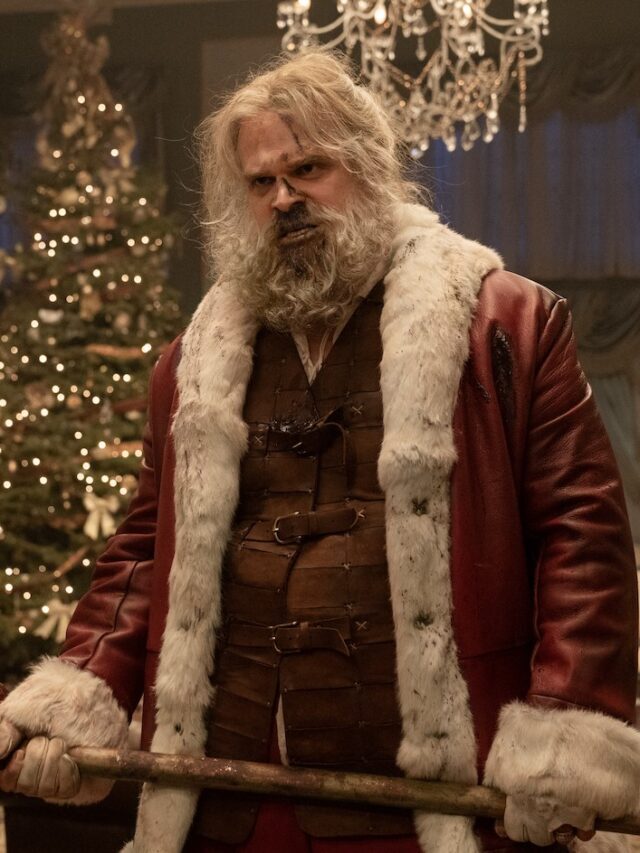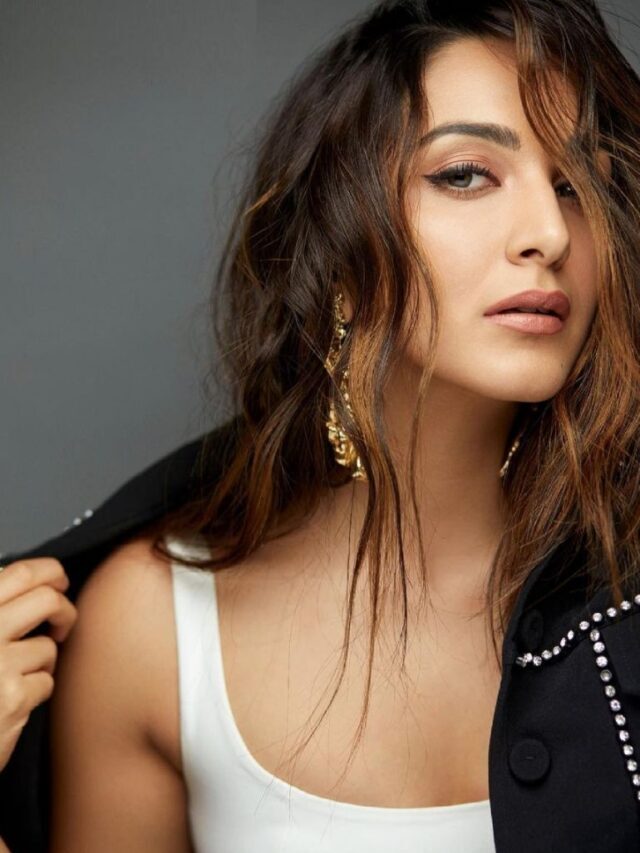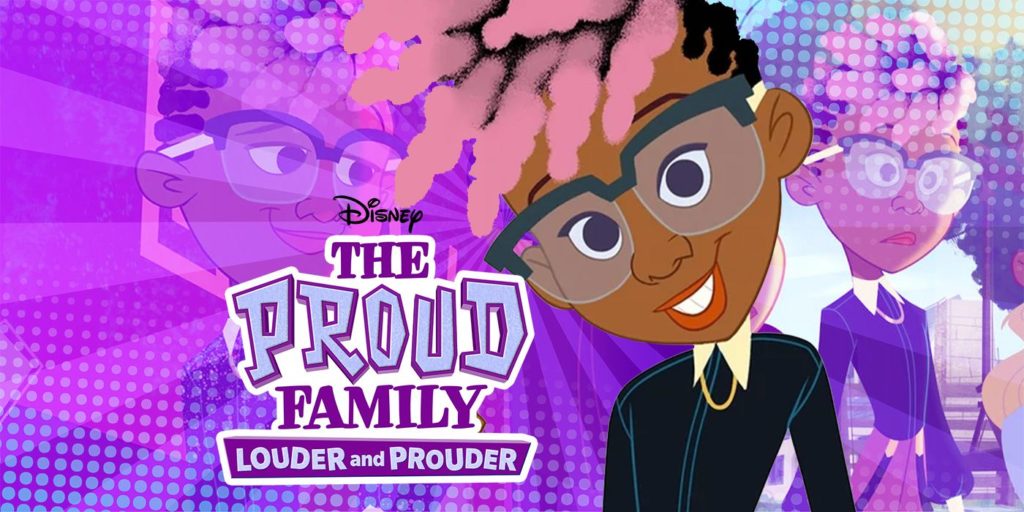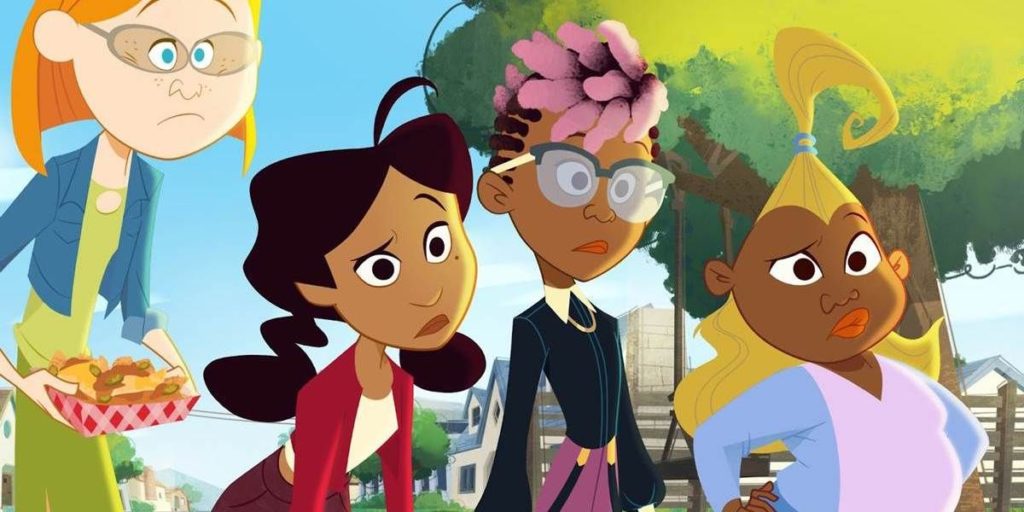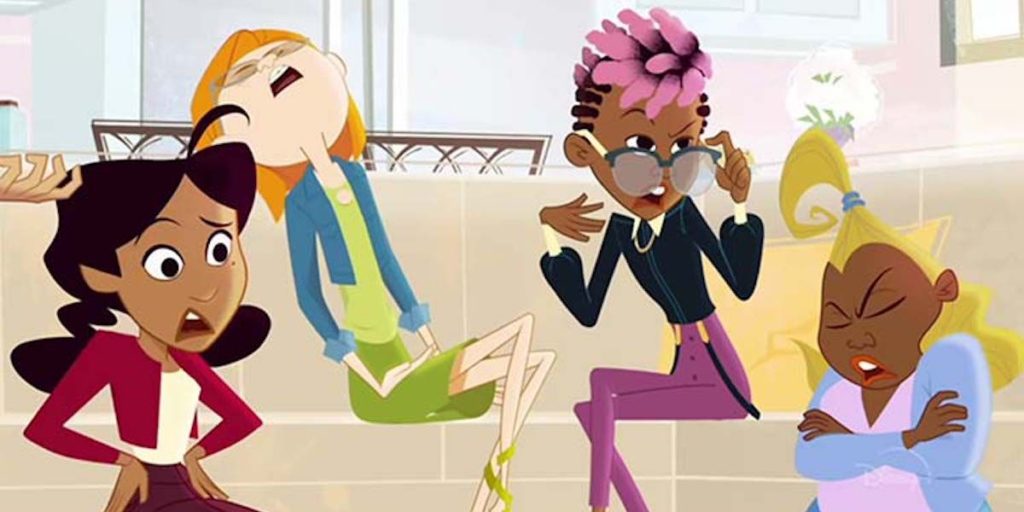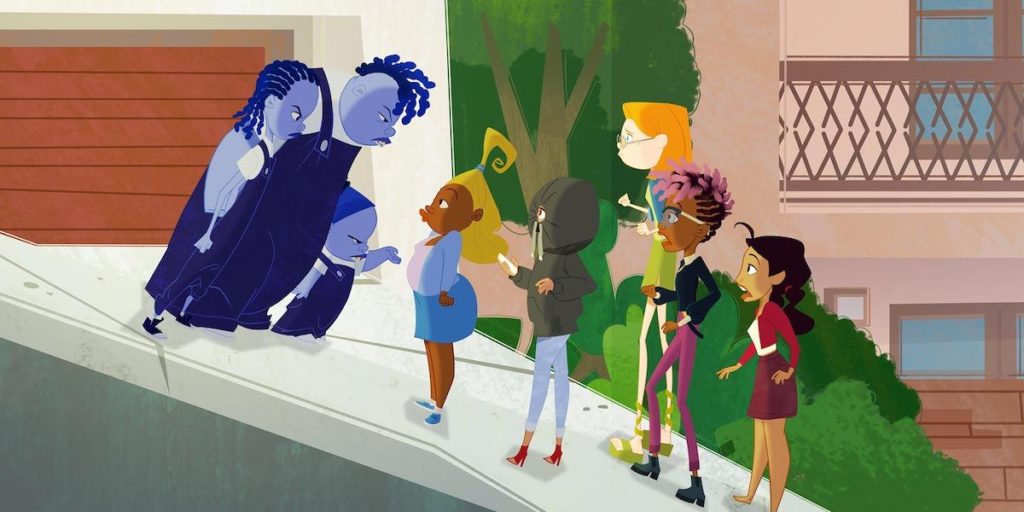Just a few weeks ago, The Proud Family: Louder and Prouder made its Disney+ debut, and it is already evident from the show’s first few episodes that it is trying to live up to its name by being loud and proud. Although the previous series did not hesitate to address societal issues, Louder and Prouder takes it a step farther. The programme is addressing themes like cancel culture and incorporating activists like Maya into the cast. Additionally, it introduces the first openly queer character in the show. Michael Collins is now here. He has had more screen time in the first three episodes of Louder and Prouder than he did in the entire first season of The Proud Family.
His function was greatly expanded from being a sporadically amusing comedy character to becoming a member of Penny’s closest friends. Additionally, as we watch him drool over boys with Penny’s pals, his character—who in the original series had been presented as effeminate and a fan of fashion but otherwise left vague due to the period it was airing—is rendered overtly gay. This improvement in his character is appreciated. LGBT+ characters are becoming increasingly prevalent throughout all media, but progress is still being made in terms of cartoons and other material primarily for children. The only other cartoon example at this time is Benson from Kipo and the Age of Wonderbeasts. Michael is one of the first black LGBT characters on television. With all of this in mind, Michael is carrying a lot of responsibility, and from what we’ve seen so far, the outcomes aren’t all that great. The issue with Michael is that his character currently only exists in the domain of stereotype as a result of making his unclear homosexuality canon.
In Louder and Prouder, Michael is given more screen time, but outside his sexual orientation, not much else has changed from the way we knew him in The Proud Family. We see his new design, which is far more stylish than his first design, which effectively left him in exercise clothes the entire time, in the first episode of “New Kids on the Block.” He now has fashionable pink hair, and his mild voice has been changed to one with more vigour. He restyles Penny’s clothing in this episode to help her dodge her father’s attempts to give her a military makeover. Michael claims that this is the case since he is accustomed to getting by because his own father has a similar dislike for his personal sense of style.
And this is where the first possible issue arises. It seems logical to maintain including fashion in Michael’s character as he becomes a more central figure as it was a part of his personality in the first season, but his love of fashion and effeminate personality make him feel like a cliche as it is. Louder and Prouder does little to transcend the traditional origins of the effeminate homosexual fashionista, an old stereotype by this point. Michael’s love of fashion may eventually be revealed to us, but for the time being, it is left to stereotypes. There is also the statement that his father behaved similarly to Penny. The fact that Michael’s father doesn’t accept his son’s effeminate character as a masculine man type is another aspect from the original series. This was one thing when Michael was a subtly gay side character, but now that he is out and proud, the unaccepting father becomes yet another stereotype. When Michael was a supporting character and his sexuality still had plausible deniability, these connotations were less severe, but with the clarification comes a demand for more subtlety.
We see that Michael is the star of the basketball team in the third episode, “It All Started With An Orange Basketball,” before he is severely hurt and the episode continues without him. This seems to be a missed chance to give him a little more complexity and quickly get past the traditional features of his personality by developing other facets of his personality. However, the episode leaves him in the dust with only the hazy impression that there’s more to explore because it moves on to other individuals so swiftly. Making him the star of the basketball team is a good start, but because we only see that side of him in the cold open of the show, viewers are still more likely to associate Michael with the stylish, effeminate gay character. A simple scene or sentence allowing Michael to communicate with the team or Penny could have resolved this, but sadly the show had other agendas. It’s just terrible that what may have been a crucial component of Michael’s character development was left unfinished.
Naturally, there are advantages as well. As previously mentioned, there aren’t many black gay characters in animation, therefore comparing him to Benson from Kipo and the Age of Wonderbeasts gives us a more fulfilling perspective. Both of them are incredibly different, so for some, it’s interesting to see Benson in comparison to a more effeminate gay character. The underrepresentation of black homosexual men in society as a whole and how stereotypically masculine black men are portrayed are further problems. Michael offers a character that we don’t often encounter elsewhere as a great counterbalance to it. Although there have been decades of stereotypical representations of white gay men on television, black gay men rarely receive the same attention, thus the impact is not exactly the same. Although Michael’s portrayal of a black gay character cannot be so easily reduced to good or terrible, it can nonetheless be criticised for its lack of complexity.
There are still a lot of episodes of The Proud Family: Louder and Prouder to come, so there is definitely space for progress and development. Only a few instances are required to identify a pattern; not enough to render a complete opinion. Hopefully, the writers will give Michael (and all of Penny’s pals) room to grow into complex individuals and challenge some limiting stereotypes from the first season. Michael, one of the first black gay characters in children’s media, has the potential to be a wonderful stand-out figure. He carries an unpleasant amount of burden because this area is yet completely uncharted. Although we can’t anticipate perfection, we can continue to wish that Michael would be given the opportunity to grow beyond gay stereotypes and hazy explanations of characteristics he exhibited in the first season. There is still plenty of time to allow Michael and the rest of the ensemble to fully develop into three-dimensional personalities and to stand out.
Being a binge-watcher himself, finding Content to write about comes naturally to Divesh. From Anime to Trending Netflix Series and Celebrity News, he covers every detail and always find the right sources for his research.
